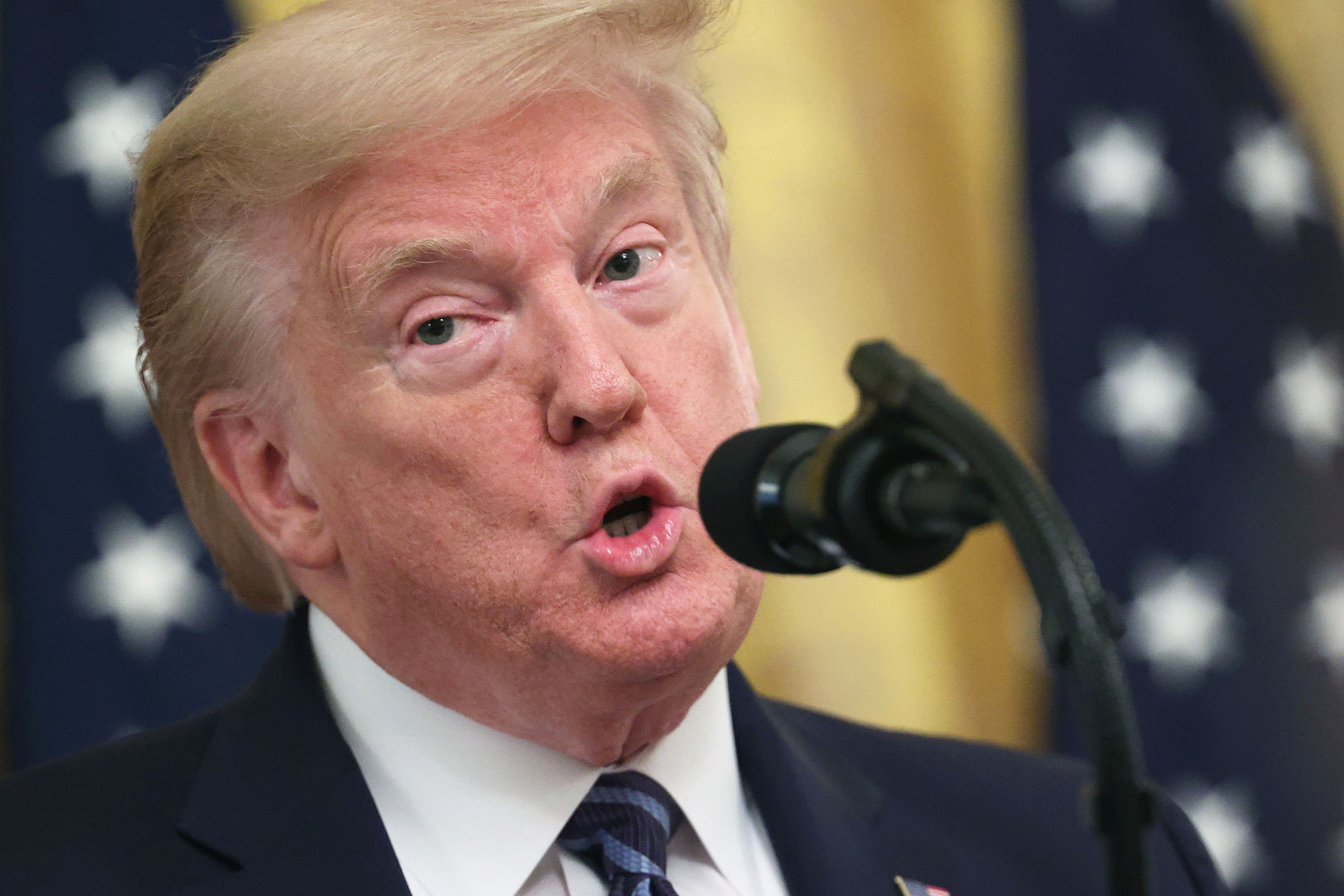CNBC’s Jim Cramer warned Monday that the U.S. economy may be too weak right now to handle another trade fight with China and discouraged the Trump administration from imposing a new wave of tariffs against Beijing.
Cramer also drew a comparison to the Great Depression, saying that to hike tariffs against China now would be akin to legislation during that period that exacerbated the historic economic downturn of the 1930s through import taxes.
“I think it’s really important to recognize that the president now seems to want to raise tariffs with 30 million people unemployed. So there we are: That is 1932,” Cramer said on “Squawk on the Street.” “I listen to the president: He acts as if the economy is just doing great, or that it’s going to come right back. But we ought to be careful.”
“There are historical paradigms that are very bad when your economy is doing poorly and you raise tariffs. And I think that the history books have to be open,” he added.
Comments from the “Mad Money” host came after President Donald Trump and his top advisors stoked fears over the weekend of a renewed trade fight between the U.S. and China.
Secretary of State Mike Pompeo on Sunday said there was a “significant amount of evidence” connecting the coronavirus to a lab in Wuhan, China. Larry Kudlow, Trump’s chief economic advisor, said Friday that China will be “held accountable” for the coronavirus just a few days after the president said he was debating whether to impose tariffs on China for its handling of the outbreak.
“Pompeo’s comments this week that basically just say it is a vast international conspiracy by the Chinese against the rest of us. I don’t think it’s a vast international conspiracy: I think the bats got too close in the wet markets,” Cramer said of Pompeo’s comments. “But if he wants to build a case to try to get it so people don’t want to cooperate with the Chinese, that’s going to cause a lot of problems with our companies.”
Trump administration officials believe Chinese top brass “intentionally concealed the severity” of the coronavirus from the rest of the globe in an effort to stock up on medical supplies, according to The Associated Press. The White House is considering ”turbocharging” an initiative to remove global industrial supply chains from China in its efforts to punish Chinese leadership, Reuters reported.
But while those actions may remind investors of the heated U.S.-China trade war of the past few years, Cramer warned that Americans may not be able to pay even more for imported goods amid a historic spike in layoffs and business closures to stem the spread of the disease.
“I was happy that we raised tariffs when the economy was humming. … But I don’t want to take them on right now,” Cramer said. “I don’t want to represent earnings per share versus patriotism, but we have to recognize that what was said this weekend was chilling.”
Subscribe to CNBC PRO for exclusive insights and analysis, and live business day programming from around the world.
